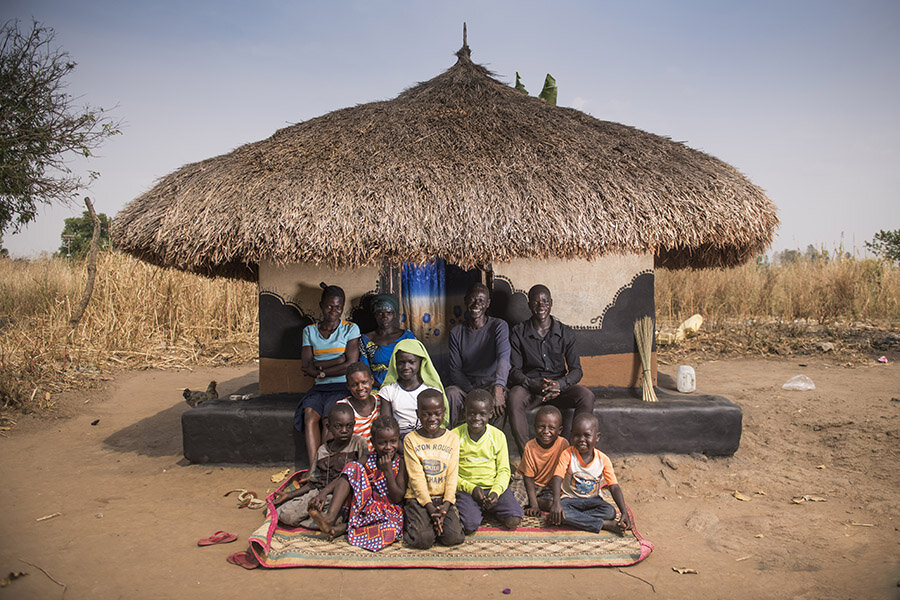UGANDA, Lobule | Real Muloodi News | Uganda currently hosts 1.45 million refugees, the highest number of refugees in all of Africa, according to ReliefWeb.
In Uganda, refugees can not own land, as with all non-citizens. However, the Ugandan government allocates 50 square meters of land to each refugee family that arrives in Uganda to live and grow food.
However, the refugee influx to Uganda is contributing to a land crisis, according to the World Food Programme (WFP). There is a dwindling availability of land, increased pressure on water resources, environmental deterioration and overburdened educational systems. This strain on resources can cause increased tensions between refugee populations and their host communities.
Funding shortfalls are threatening the food security of refugees all across eastern Africa, reports the World Food Programme (WFP). In Uganda, people are facing 40 per cent cuts to their basic survival needs.
“Continual funding cuts means less food for refugees,” says Robert Dekker, head of WFP’s refugee programme in Uganda. “WFP is working with local administrations to promote partnerships between refugees and host communities, to improve food security and achieve sustainable co-existence.”
How the World Food Programme Helps Refugees in Uganda
In Lobule, WFP supports 5000 refugees. Lobule is currently the home to Jujumbu farmers. This is a group of 28 members, three members are from the host community, and the rest are refugees.
This year, Jujumbu farmers are rejoicing in a harvest that is one of the largest recorded by farmers in this refugee settlement. Jujumbu farmers grow and sell rice.
In 2019, the Jujumbu farmers’ group contacted a local landowner to acquire some land for farming. “We managed to secure nine acres of land from our brother in the host community,” says Aisha, one of the 28 farmers of the Jujumbu group. Aisha is also a single mother who cares for eight children.
She further explained that WFP helped them acquire a tractor that they used to clear the land and started farming.
Benefits of Group Farming
In collaboration with the Lobule sub-county, WFP is training both refugees and host communities on the benefits of group farming, modern farming techniques, reducing post-harvest losses and financial skills.
“We had never heard of farming in groups,” says Willy, a member of the collective whose hut the Jujumbu farmers use as their headquarters and grain store. “When we came to Uganda, WFP took us to class and taught us all about farming as a group, when to harvest and how to safely store our crops. That is why we called our group Jujumbu, which means ‘learning’ in our native Kakwa language.”
With the help of WFP and its various informational programs, farmers learned not to sell their harvest immediately, but to store their crops safely.
“WFP taught us how to read the markets and how to set prices for our crop,” says Sumbua, a group member. “Currently, the market prices are not favorable, and we want to wait for a better one.”
The Jujumbu farmers currently store their rice at Willy’s while waiting for the right buyer. For the future, this group has gained access to an additional 15 acres of land that belongs to the host community. They also construct a building that will serve as a grain warehouse and as a meeting place for members and potential buyers.
READ MORE LIKE THIS:



